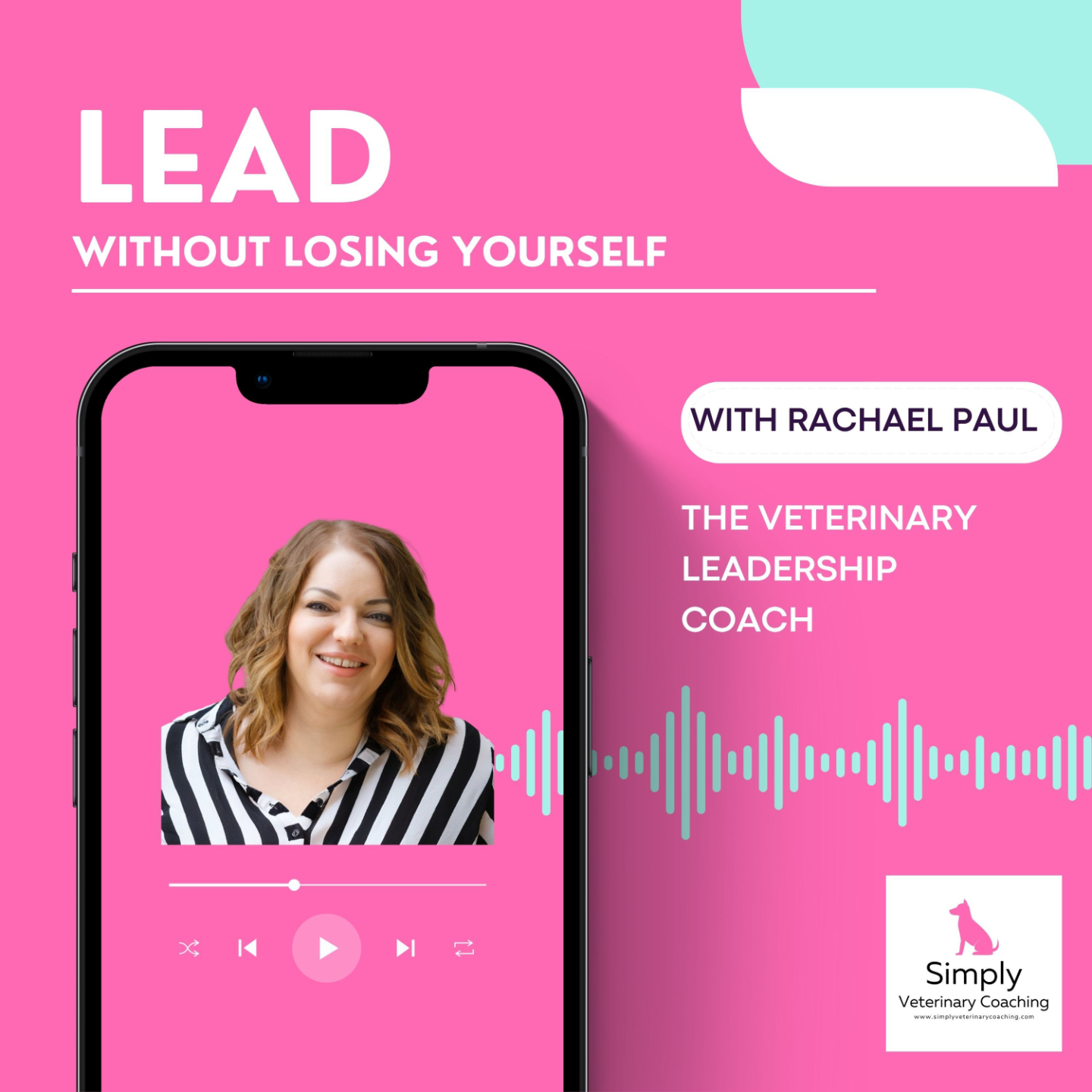You Don’t Need to Manage Your Time, You Need to Manage Your Energy
When I ask practice owners and leaders what they need. The number one response is, "More time". As a business owner myself I can't tell you how many times I've said over the years, "I'm so busy, there just aren't enough hours in the day", or "I don't have time for ____". There's a quote people love to say in response to the "I don't have time" excuse, which is "Everyone has the same 24 hours as Beyonce". That’s true, we do. But we don't all have Beyonce's resources.
However, there is one resource we share with anyone who is super successful, which is completely ours, personal to us, and something we have a degree of control over, and that is energy. Even if your day is properly prioritised and organised, if you're lacking in energy then you can't get the work done effectively anyway, if at all. Being aware of and managing your energy levels is crucial to getting things done, and to a high standard.
Recently in a coaching session with a client, she explained she did her weekly 1:1s on a Friday afternoon but by the time Friday afternoon came around she was exhausted and could barely string a sentence together. It meant she wasn't bringing the right energy to these meetings and wasn't fully present or invested in the way she wanted to be. Simply changing when she held these 1:1s meant they were more productive and meaningful, which had a knock on effect on the team’s engagement, motivation, and happiness.
Sometimes you can't move things around to suit you, and so you have to manage your energy around a meeting or event instead. If you know you have an important meeting coming up, what can you do throughout the week to ensure you show up at your best? It's not about sitting back and putting your feet up until then, it's about looking at developing habits that fill your cup, instead of pouring from it all the time.
How to start managing your energy
I recommend taking a very honest look at your life and identifying what activities, thoughts, and habits you have that drain you of physical, mental, and emotional energy, and what activities, thoughts, and habits you have that give you physical, mental, and emotional energy, so that you can create the right balance for you. Once you know this, you can look ahead at each week, or even each day, and see how balanced the draining and renewing activities are, then make tiny tweaks to even out the scales.
Be really truthful with yourself about the habits you have that really don't serve you, whether it's scrolling social media at night instead of resting your brain; putting everyone else first and never quite getting around to doing anything for yourself; maybe there are friendships in your life that feel draining for you, and it would serve you better to give them less energy.
Play with this journalling prompt and see what comes up - "I would feel more energised if I could just _____". And then ask yourself, "What's one small thing I could do this week to make that happen?"
The most common objection I hear to this idea of energy management is that “it's easier said than done”, and it's sometimes impossible to juggle everything with the unpredictable nature of the veterinary profession. I disagree. At risk of sounding bold, I believe that is an excuse for not being disciplined and consistent enough.
Every business owner or leader makes similar excuses from time to time. You get to choose how you prioritise the time you have, and you have a large degree of influence over the energy you show up to life with. If you really want something, you'll make it happen. If you really want something to happen consistently, you’ll create the discipline for it.
Remember, energy management is not about a complete overhaul of your life. It often involves tiny tweaks and turning up the dial on how consistent you are with habits you know help you. The thing about a balanced life is that the things that you know are good for you are often easy to do and equally as easy not to do. You have to be committed to the outcome. You have to be committed to yourself.
Tell me, where are you not fully committed to making stuff happen right now, and what difference would it make if you were?

